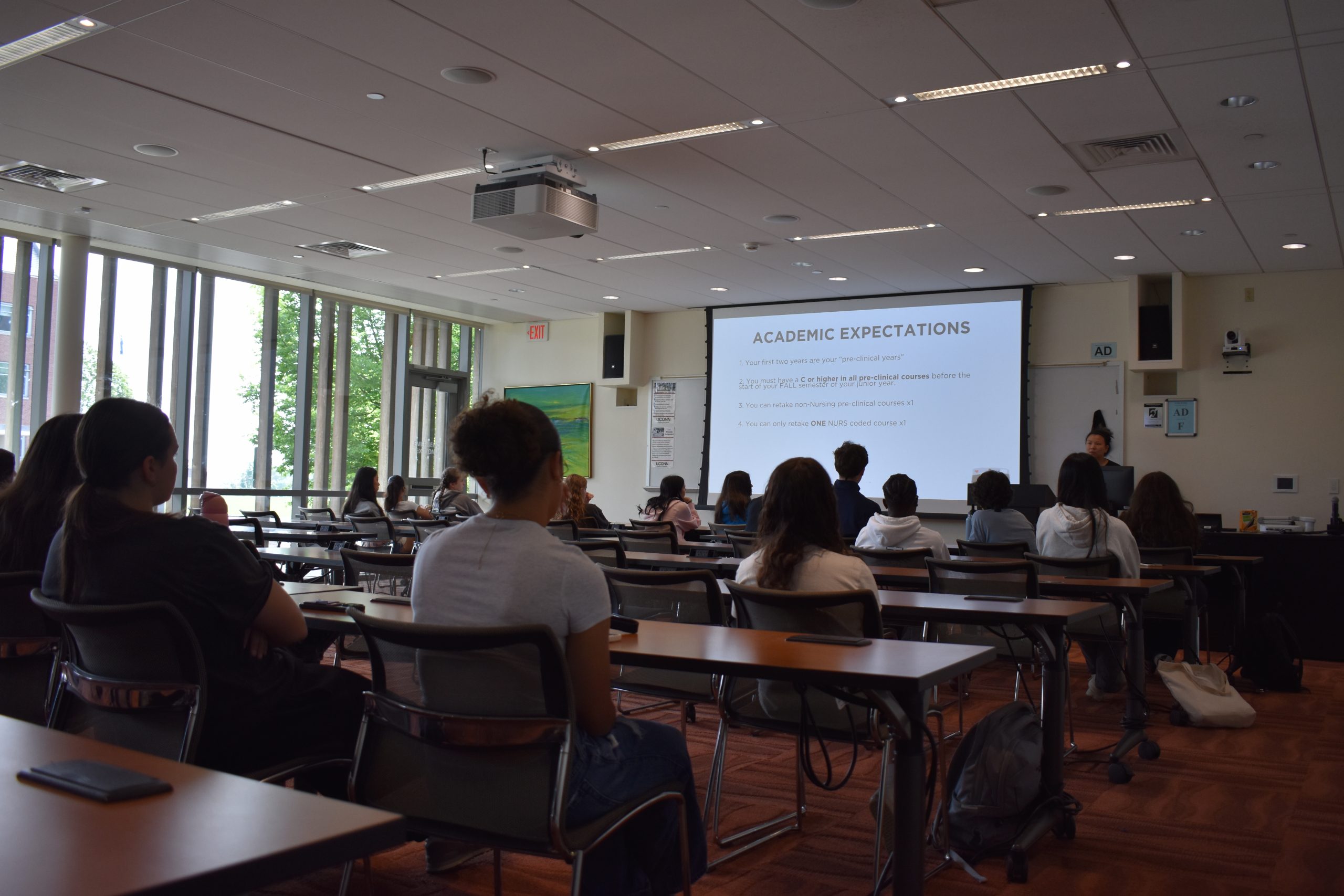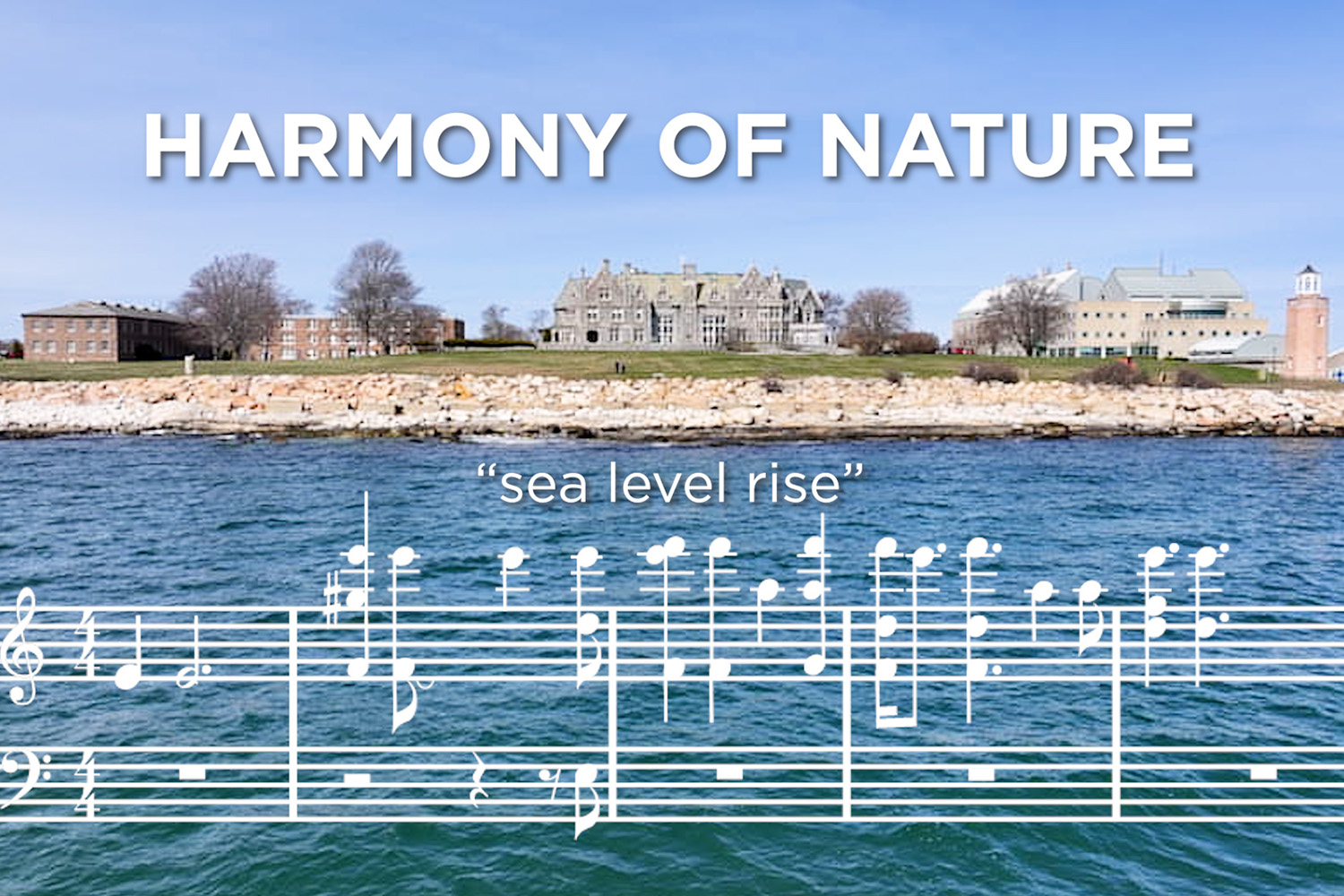Congratulations to Aniket Wahane (expected Ph.D. ’24) and Vishal Kasina (expected Ph.D. ’25) who received first and second place prizes in the research poster presentation at the National Institute for Pharmaceutical Technology & Education (NIPTE) 2021 Conference. NIPTE consists of a cohort of pharmaceutical scientists in industry, academia, and government agencies to expand pharmaceutical research globally and explore pharmaceutical innovation in areas of manufacturing, drug delivery, and novel therapeutic strategies. Including the University of Connecticut, there are currently 17 universities that are affiliated with the organization.
Our winning students and their work are noted below:
 Aniket Wahane (First prize recipient)
Aniket Wahane (First prize recipient)
Poster Topic: Dual-Modality Poly L histidine Nanoparticles to Deliver Peptide Nucleic Acids and Paclitaxel for In Vivo Cancer Therapy
Poster information: My research poster focussed on development of cationic poly-(lactic-co-glycolic acid) (PLGA)-histidine based nanoformulations which are simple, easy to scale-up and whose surface charge could be fine-tuned for enhanced cytoplasmic delivery with minimal toxicity. These formulations could effectively deliver small molecule (paclitaxel) and nucleic acid based (peptide nucleic acid targeting microRNA-155) drugs for various therapeutic applications in a safe manner.
 Vishal Kasina (Second prize recipient)
Vishal Kasina (Second prize recipient)
Poster title: “Nanoparticle-meditated delivery of miRNA mimics”
Poster information: My poster discusses the use of miRNA mimics to increase the levels of miR-34a, a major tumor suppressor miRNA, to develop a novel treatment targeting lung cancer. Here, we used PLGA-poly-L-Histidine nanoparticles, which are cationic in nature, to encapsulate negatively charged miR-34a mimics to deliver in-vitro/in-vivo and achieve the desired increase in miR-34a expression, as well as downstream targets such as p53, which is a tumor suppressor gene. Our formulation was able to reduce the cell viability of A549 lung adenocarcinoma cell lines and we are currently working to test the formulation in animal models.
Both Wahane and Kasina work in the Dr. Raman Bahal Lab at UConn.


